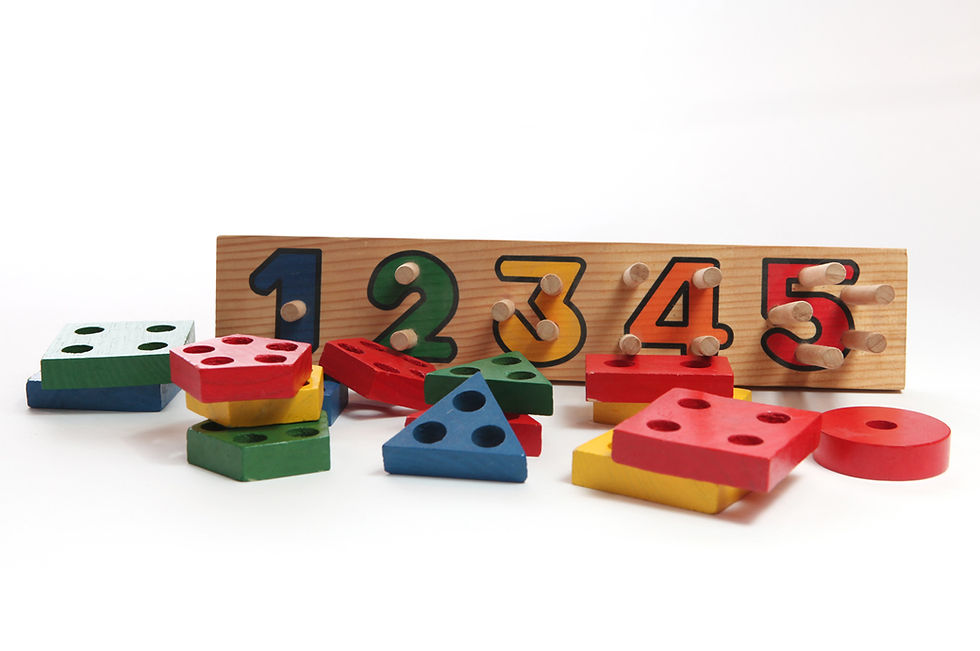9 tips for better managing diabetes
- Juanita Weaver-Reiss
- Oct 23, 2018
- 3 min read

9 essential things to know
It doesn’t matter if you have had diabetes for many years or if you are newly diagnosed. There are some very important things that you need to know about your diabetes in order to do what I call “managing your diabetes and not letting it manage you.”

Number 1 - You are still the same person you were....
You are still the same person you were before you were diagnosed. That means you are a person first. You are wife, mother, or daughter. You are a father, son, or husband. Having diabetes does not change the core of you. You still have interests and hobbies that are part of who you are. You may be a quilter, you may play soccer, basketball, or golf. You may enjoy painting or drawing.
It is important to still do what you enjoy because you are more than your diabetes diagnosis.

Number 2 - the feeling side of diabetes....
You may have feelings relating to the fact that you have diabetes. It is natural at times to feel angry, frustrated, denial, sadness, and other feelings. It is okay to express these feelings. Talk with them with the people who are your support. Talk with them with the members of your health care team, your doctor, your dietitian, your nurse educator. This helps you move through the feelings and deal with them.

Number 3 - Let's talk about food....
You do not have to give up your favorite foods when you have diabetes. Learn how to fit the foods that you like to eat into your meal plan. Get an appointment with a dietitian who is a diabetes educator to learn how to do this. Learning how to include the food you like is an important step.

Number 4 - What do all of the numbers mean???
A1C, Cholesterol targets, pre-glucose target, post meal target, microalbuminuria. What do all of numbers mean? It is important to know about these numbers.

Number 5 - And then what to do with those??
But it is more important to know how to use the numbers, such as the A1c, pre and post glucose values, and other numbers like what is your total cholesterol so you are in the driver’s seat and in charge of managing your diabetes.

Number 6 - hypoglycemia and hyperglycemia
How to treat your blood glucose value when it goes to low and what to do when the blood glucose value goes to high are important factors. Understanding what can make your blood glucose go low, and too low vital to preventing those. Knowing what may make the blood glucose go to high also needed information.

Number 7 - How to take care of yourself if you get sick or have to have surgery..
How to take care of yourself if you were to get sick.

Number 8 - Being prepared....
What are the basic supplies I need to have with me? It is good to be prepared, so the basic supplies will help you for low blood glucose situations.

Number 9 - preventing complications. They don't have to happen.
How to prevent complications. This information will help you know what tests you need to have done and when they should be done. It will help to take the worry about having diabetes off the table.
Stay tuned for further information on the 9 essential things to know about diabetes.
Looking forward to hearing your comments and questions.
Do you need help with your diabetes? https://www.nutritionandhealthworks.com/contact or email is nutritionandhealthworks@woh.rr.com if you would like to schedule a 15 minute call to talk about how a dietitian/coach can help you.
In service, Juanita

Comments